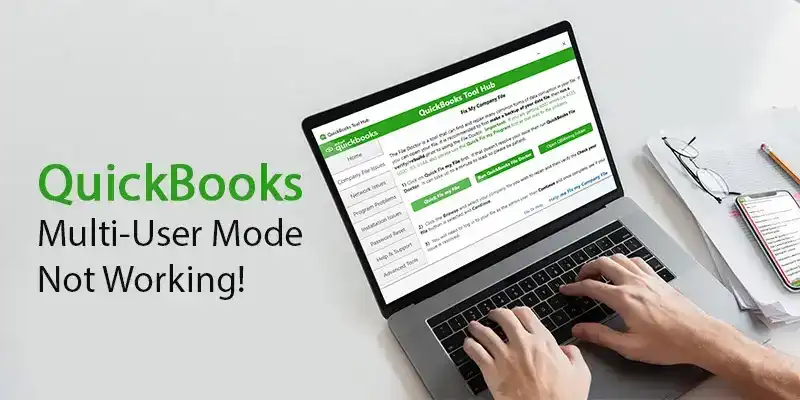The novel coronavirus has affected millions of lives across the globe. It has also disrupted businesses and shattered commercial activities and movements throughout the world. The infectious disease has claimed more than 235,000 precious lives in the United States alone as we compose this article. It has also affected the routine lives of all Americans. Indeed these are difficult times for us all.
The Internal Revenue Service (IRS) acknowledges the dreadful situation and understands that dealing with taxes can be difficult in times like these. They remain committed to continuing to assist taxpayers in whichever way possible. Their employees are working day in day out for bringing in relief strategies for people grappling to pay their tax bills.

Earlier, with its People First Initiative, the IRS offered substantial assistance and briefly adjusted processes for helping businesses and individuals. It was in effect during the initial months of the coronavirus. Now, as citizens continue to face COVID-related hardships, the IRS carries on with their regular assessment of the situation, offering a range of relief plans for the taxpayers. They admit that while it is important to resume critical tax compliance duties, it is equally essential to assist people still experiencing difficulties with their taxes.
The IRS has defined three principal goals to aid taxpayers. They are as follows:
FIRST
It wishes to accomplish everything that the existing rules allow it to, for providing general, instant relief from payable liabilities that resulted from the coronavirus-related issues. It should include liabilities affected by delays in IRS mail processing as well as correspondence.
SECOND
The IRS wants to remove the existing bureaucratic barriers and stretch flexibilities to all taxpayers facing financial difficulties due to the coronavirus situation. It would also include those taxpayers who are still facing perennial issues related to their taxes.
THIRD
It aims to bring a balance between the reliefs it provides and the need to maintain the national tax laws. It wants to make sure it has sufficient resources for working out complex cases and addressing grievous non-compliances. The IRS also wishes to continue putting efforts towards securing the government’s interests for upholding the tax laws and ensuring fairness in the tax system, in the future event of bankruptcies.
While the IRS remains committed to bring relief to people impacted by the pandemic, it also urges people to ask the relevant questions pertaining to their tax repayments, in case they have any. It further underlines the importance of not overlooking any notice (or bill letter) that people receive from the IRS. They should not ignore the letters in their mailboxes as these problems won’t get better with time. While the IRS does acknowledge that it might seem intimidating to people dealing with tax issues with the IRS, it also ensures people of the commitment of its employees in assisting them.
Their employees are working round the clock amidst this pandemic to ensure they help citizens to deal with their taxes. The IRS, at an appropriate time, wants to help taxpayers with abating penalties, stretching access to installment accords, extending payment programs, and offering further relief to people facing difficulties in upholding the previously accepted terms for settling tax debts.
There are a variety of ways these initiatives are going to benefit the taxpayers. The IRS’s Currently-not-Collectible plan helps taxpayers who are currently having no income or are unable to pay. Through the program, they can appeal for a provisional suspension of collection activities.
There are installment agreement plans with generous conditions and timeframes. Taxpayers having balance due amounts may qualify for the agreement options. Those with DDIA (Direct Debit Installment Agreements) or OPA (Online Payment Agreements) have the option to propose smaller monthly installments. They also have the option to update their due dates of payment. There are other penalty relief options including the first-time abatement for reasonable cause.
The following are the specific details of the initiatives that the IRS offers for helping taxpayers amidst the COVID-19 pandemic:
- There is reasonable cause assistance available for the taxpayers via IRS procedures for:
- Failure to file
- Failure to pay
- Failure to deposit penalties
- A person also has first-time abatement relief, if he is first-time subjected to a single or multiple of these tax penalties.
- The IRS can provide one installment agreement opportunity to an individual taxpayer who is receiving notices with tax liabilities up to 250,000 US dollars for the Tax Year 2019 only. The opportunity will have no lien filed.
- The IRS also aims to ease paperwork requirements for providing additional flexibility to individuals getting non-streamlined installment agreements for up to 250,000 US dollars, without financial verification. This is applicable if their case has not been assigned to a revenue officer yet.
- The short-term payment program timeframe is being increased to 180 days (from the usual 120 days) by the IRS.
- The IRS extends guidance for automatically including the accrued fresh tax year balances in the current installment agreements. However, it should be noted that this option is only available for out of business entities and individual taxpayers.
- The IRS ensures relief for taxpayers who are facing problems in meeting the conditions of an offer they had accepted previously.
These are important relief options that the IRS is offering. It is important for people facing pandemic-related financial problems to know the details of each of these options. They should be aware of how to get the help they require with their tax issues.
While the IRS is not against any reputable tax professional service, it does want to alert people against some of the fly-by-night outfits of some radio or late-night television shows. They may charge people heavily without offering much assistance. To top it all, those services could be available at the IRS for free or at a bare minimum cost. The IRS also appreciates the support of genuine tax professionals and equally committed partners in spreading the word. They are as crucial and important as the IRS in helping those who need help.
The Bottom Line
The IRS, while understanding the gravity of the present situation, offers additional relief options for the valuable taxpayers. It requests those struggling with their tax bills to reach out to the IRS and not get intimidated by the situation. It ensures taxpayers of the extensive assistance their employees are committed to providing amidst these difficult times. It will help people walk through this smoothly.
These are challenging times and call for us to do whatever we can to help each other out. As we all stay vigilant against the contagious, deadly virus, the IRS stands prepared to help all the taxpayers. Do reach out to them, if you are facing any difficulties with your taxes.


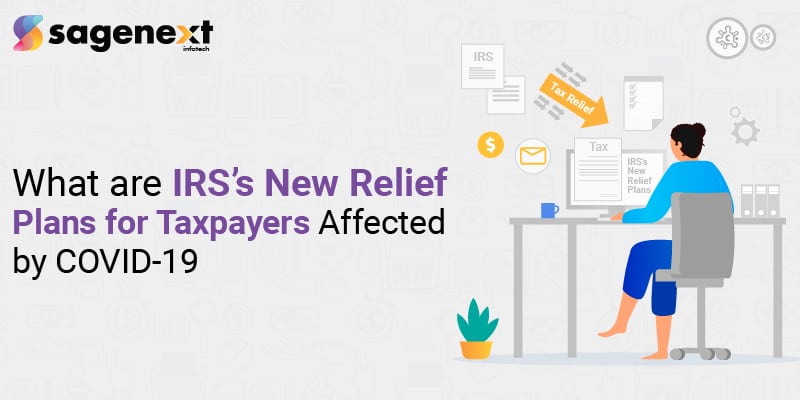
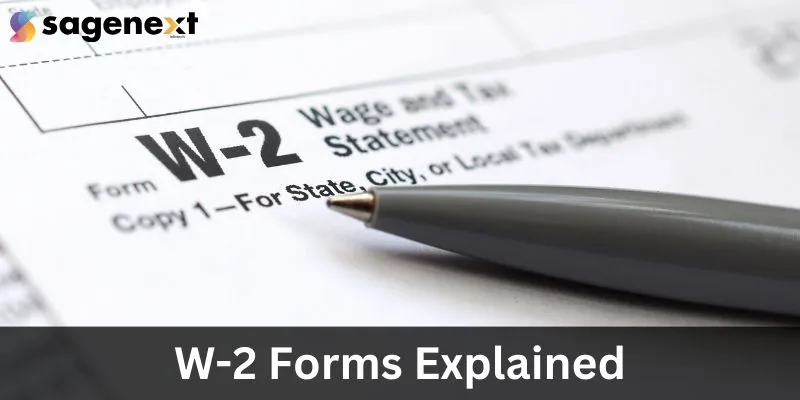
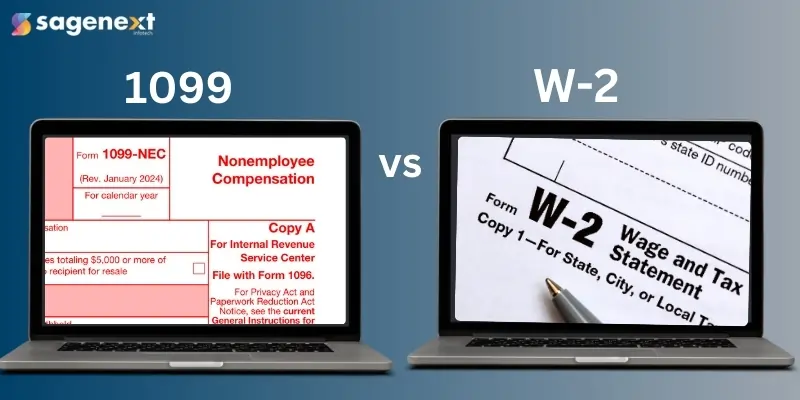
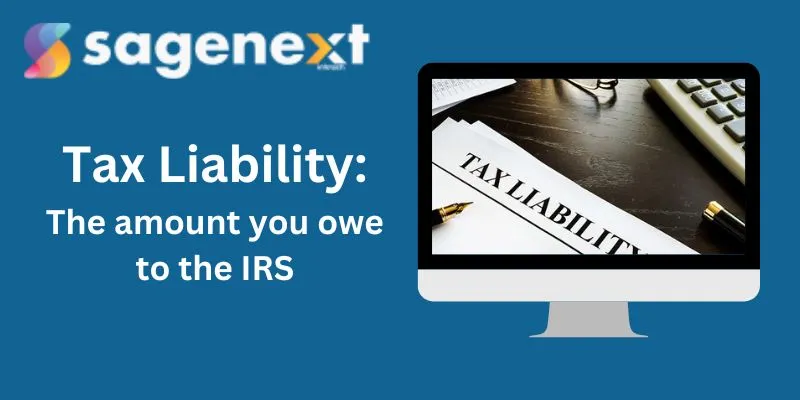

 Popular Posts
Popular Posts
